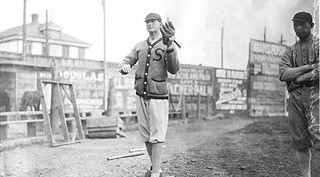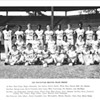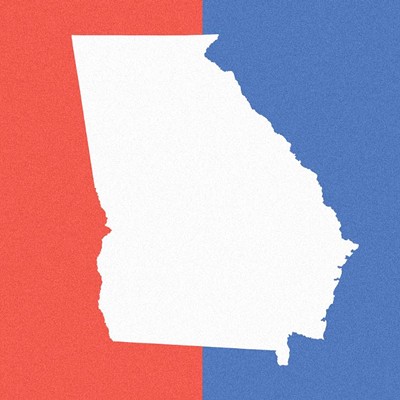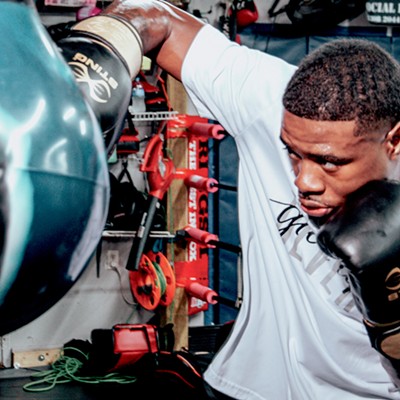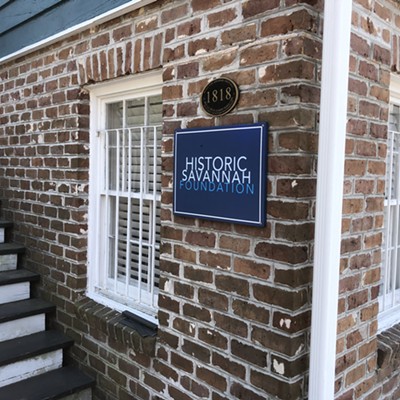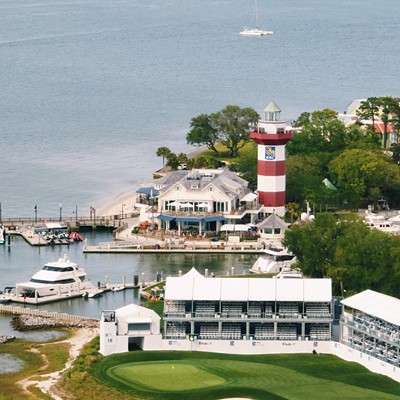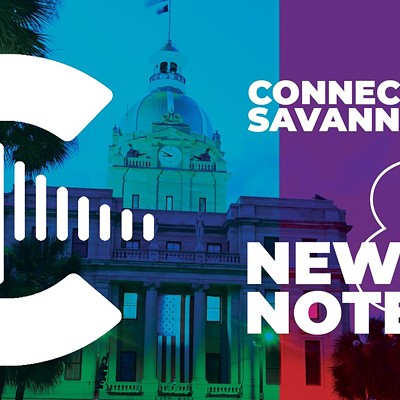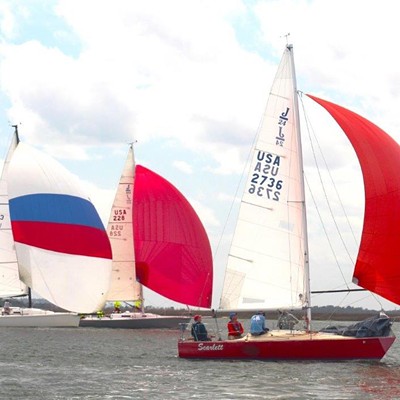As the Sand Gnats kick off their first series of home games this weekend with a roster of young players who may represent the future of professional baseball, Brian Lee is on a quest to understand the history of America's pastime in Savannah.
For the last three months, Lee, an Armstrong alumnus who studied history and works at Fort Jackson, has pursued what he describes as his new "full-time hobby," reassembling fragments of history found in photos, newspaper clippings and personal stories into a cohesive history of nearly 150 years of professional baseball in Savannah.
The earliest traces of modern baseball in America lead back to New York in the 1830s. It didn't take long for the young sport to take root in the South.
Abner Doubleday, credited falsely by historians for decades as the founder of the sport, was stationed at Fort Sumter, and fired the first shot in its defense in the opening volley of the Civil War.
It was that conflict which expedited the introduction of the sport to the South, particularly as prisoners of war from north of the Mason-Dixon Line began organizing games watched by their Confederate captors.
(What's widely considered to be the first photograph of a baseball game was taken at Fort Pulaski soon after its surrender. It shows Union garrison troops playing ball on the huge parade ground within the fort's walls.)
It was Edward Saltzman who introduced baseball to Savannah, according to Lee's research. Saltzman played for the New York Gothams during the 1850s and, after moving to Savannah in the late 1860s, helped found the Savannah Pioneer Baseball Club here before heading west to San Francisco.
The seeds of the game flourished in the warm climate, and by the turn of the 20th Century Savannah had become a regular stop for major league teams who held spring training here, or played exhibition games against teams from Fort Screven or the local YMCA.
In 1899, Christy Mathewson, one of the five inaugural inductees into the Baseball Hall of Fame, pitched in Savannah.
"If this were happening today, if the Yankees came to Savannah, it'd be the sports story of the year," says Lee.
Around that time, before Grayson Stadium's predecessor, Municipal Stadium, was constructed in the mid-1920s, games were hosted at a small stadium at Bolton Street Park in the vicinity of what is now Ashley Midtown.
Bolton Street Park is the location of one Lee's favorite images he's uncovered so far: a shot of legendary hitter and outfielder Shoeless Joe Jackson warming up for a game circa 1909.
Behind him, there's a horse in the outfield, next to a sign for the Savannah Brewery.
The result of Lee's search will be released early next year as a book published by history-centric imprint Arcadia. It's a compilation of about 200 images with an accompanying history of notable local moments like President Howard Taft throwing out the first pitch for a game here during his visit in 1912.
Sitting in a downtown coffeeshop, Lee scrolls through dozens of images he collected so far, from team photos taken outside the old DeSoto Hilton to bits of memorabilia like programs and ticket stubs.
Since beginning the project, he's scoured the internet, found connections on Facebook and hunkered down in library archives in his search.
But he's beginning to exhaust much of his initial round of resources.
"Now we're spreading the word," he explains about his hope of finding former players, friends or family who might have stories or artifacts from minor or major league teams in Savannah.
"It doesn't exist on the internet. It's in people's attics and scrapbooks here in Savannah."
The challenge of collecting history no one has preserved in one place before is finding where the pieces of that history are hidden.
"Baseball has been an integral part of the community for the longest time, and it wouldn't have existed without the community's support," says Lee, who hopes to garner support from baseball fans in the area. "It won't happen without community support. It's the community's memories."
The history of baseball illustrates both the good and the bad in the community, and digging into that past provides insights that are at times humorous, and other time serious.
Mixed in with quirky anecdotes - Ty Cobb, who played for an Augusta minor league team, missed a fly ball during a game in Savannah because he was eating popcorn in the outfield and didn't want to risk dropping his mid-game snack _ there are more serious lessons as well.
Perhaps because of its age, baseball is rivaled only by golf among the professional sports leagues for its institutionalized segregation. Although the dilapidated remnants of bleachers still stand on the west side where the Negro Leagues once played in Savannah, Lee has yet to have much success digging up stories or photos documenting the league's existence in Savannah.
While Savannah might have been one of the few cities spared from more violent clashes during the Civil Rights era, the acceptance of integration in the realm of baseball was fair from painless.
One notable incident occurred in the spring of 1946, when the Savannah Indians were scheduled to play two games against the Montreal Royals. The games on April 13 and 14 were cancelled by the local club because Montreal was the first integrated baseball team, featuring a young Jackie Robinson on second base, as well as a black pitcher named John Wright.
Several years later, local civil rights leader W.W. Law lead protests outside of Grayson Stadium, which had segregated bleachers even after the team itself had begun to integrate in the mid-1950s.
Even after the local team changed names from the Indians to become an affiliate of the Chicago White Sox, issues of race remained divisive.
"In 1962, Savannah had a great team. There were 14 future major leaguers on the team," explains Lee. "They stopped with seven games left in the season, and they moved the team to Lynchburg, Va., because of racial issues."
Savannah wouldn't have a local minor league team until six years later, when the Savannah Senators were born.
For the rest of the summer, Lee will continue his search for the people, stories and pictures that will fill the pages of his forthcoming book. He'll submit potential cover shots in September, and wrap up the rest of the writing not long after.
"I'm doing this because I want to share a story," says Lee. "It shouldn't take nine months to round up all these images. You should be able to go to the library and see them all."
He'll juggle interviews with former players and coaches on the weekends and his full time job during the week - he leaves our interview to go assist with a field trip for several hundred middle school students.
Hopefully he'll have some time to make it to the ballpark for a few games too. cs
Follow the project's progress via the Facebook page Baseball in Savannah. If you have any photos, stories, documents or memorabilia that might be relevant, email Brian at: [email protected]

